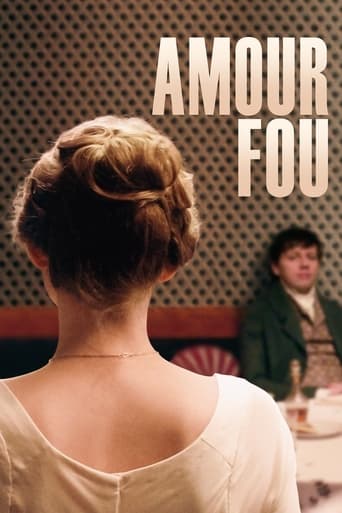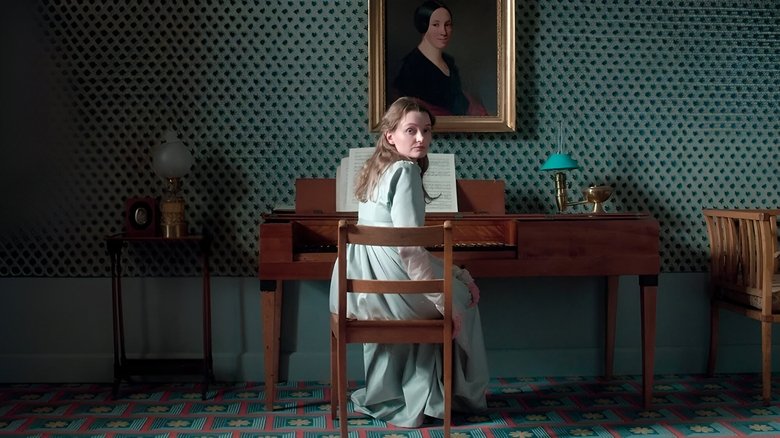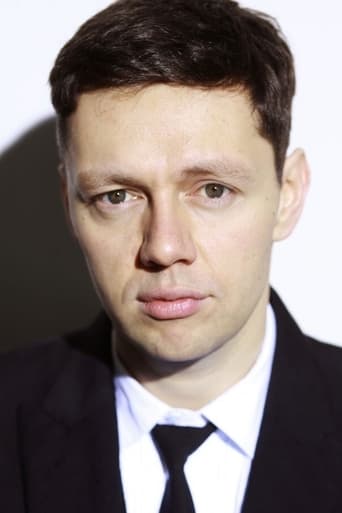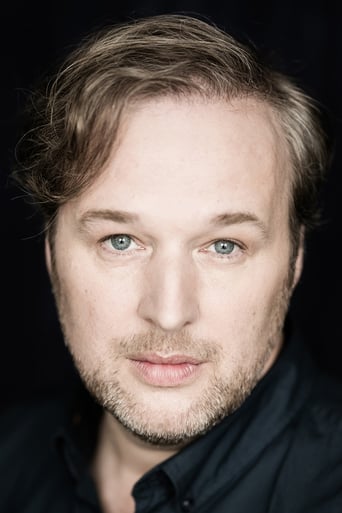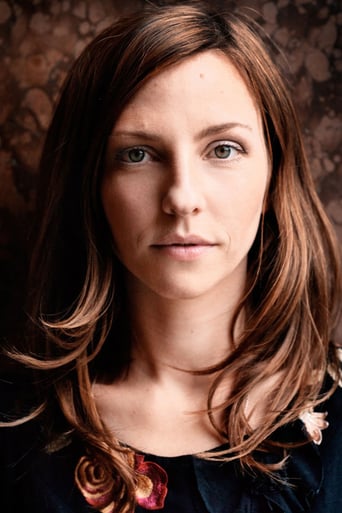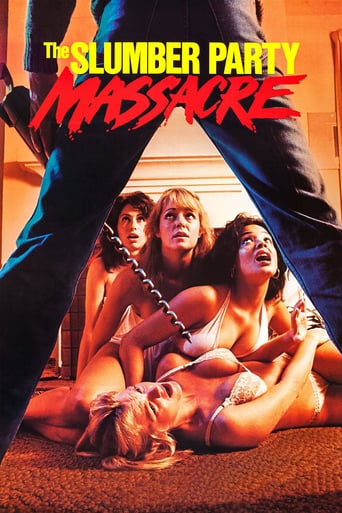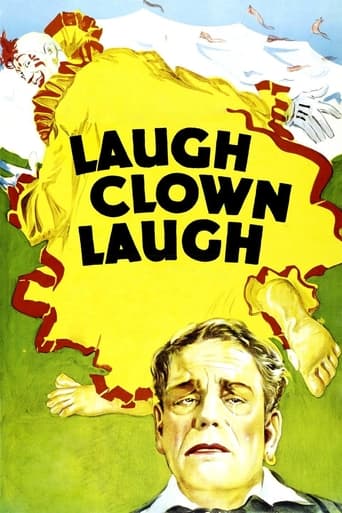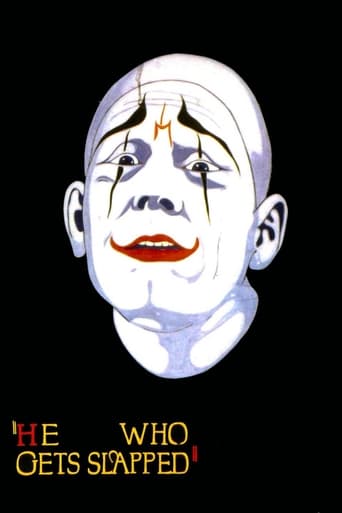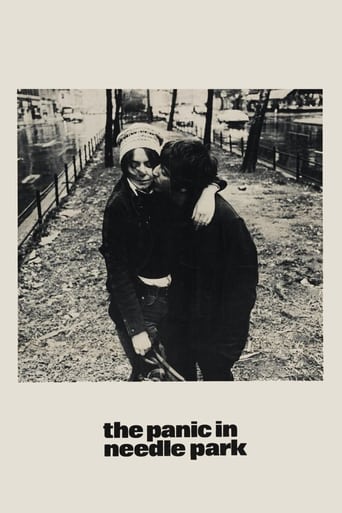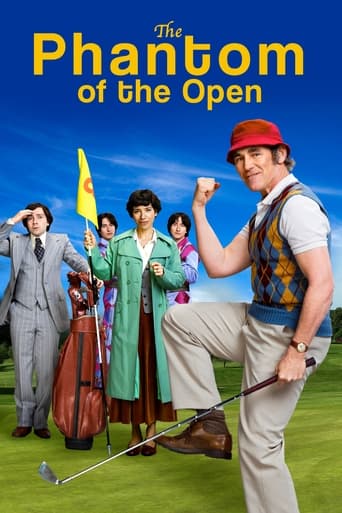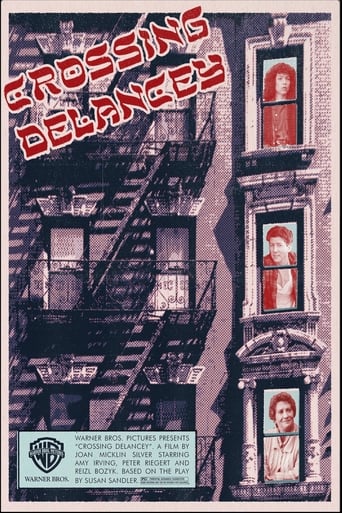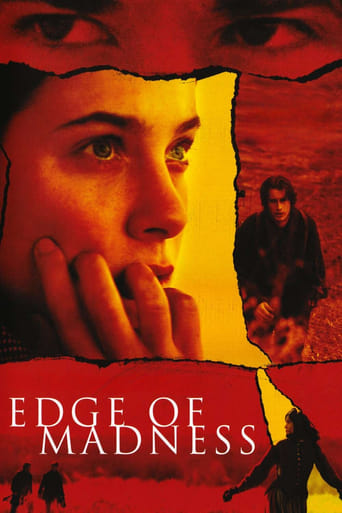Amour Fou (2014)
Heinrich wishes to conquer death through love, and when he meets Henriette, the wife of a business acquaintance, she expresses interest in a suicide pact when she learns she has a terminal illness.
Watch Trailer
Free Trial Channels
Cast


Similar titles
Reviews
People are voting emotionally.
Boring, long, and too preachy.
Fanciful, disturbing, and wildly original, it announces the arrival of a fresh, bold voice in American cinema.
Blistering performances.
I haven't laughed so hard for a long time.that is the greatest mockery, pure parody I have come across for a long time (watch it together with the Lobster-love as another convention-, even funnier than that). that romantic poet was such a blockhead, probably as much as everyone and every institution around him. that is laughter, looking backwards from nowadays.on a more serious base, that is proper history of manners a la Norbert Elias. the issue here is historical sociology and psychology and class dynamics; not the biographical-individual pain of creation or romantic aesthetics.
Do not be confused by the title of this 90-minute movie: "Amour fou" is not a French movie, but an Austrian film from last year written and directed by Jessica Hausner. The cast includes some names that should be known to German/Austrian audiences. The main character is played by Christian Friedel ("Das weiße Band"), the male co-lead is portrayed by Stepphan Grossman, also a familiar face, even if I did not remember the name. Katharine Schüttler and Sandra Hüller, 2 of Germany's most respected younger actresses right now, play supporting characters. The female lead is played by Birte Schnoeink, who is a newcomer to playing main characters, but she did a good job here, reminded me of Carey Mulligan.The film is about a man who is unhappy with his life at the early 19th century and plans to commit suicide. However, he does not want to go alone, but convince a woman to join him not in life, but in death. After his preferred choice refuses, he finds a "victim" in another young woman. What is maybe the most interesting aspect of this film is how you perceive the main character. Yes he convinces a woman into death, but there are mitigating factors, such as him obviously suffering from depression and also that he would never force anybody to do it. It's personal perception how you like or dislike him I guess. In any case, Friedel was pretty good in here and he carried this movie nicely with Schnoeink. Finally, a word on the visual side: The costumes and set decorations are all pretty convincing and the only reason I won't give this film a higher rating is that period pieces are not exactly my favorite genre. Only weakness for me was near the end that the pistol did not go off when he tried to shoot himself. This movie really did not need a cheap thrill of that kind. Still, all in all, it was a pretty good watch and I recommend it.
This is not history of what happened between Kleist the dramatist and story writer and Henriette Vogel, a married society lady who sang and played music. For one, it's presented as a love pact, I don't think he loves her, but he wants to die with someone who loves him. She admires his story The Marquis of O- .The Marquise of O is a transposition of Kleist's teasing 19th century novella about a chaste young widow ( who had sworn faithfulness to her late husband) suffering a pregnancy which she insists can only be the result of an immaculate conception.She is violated in sleep by a man she loves. Kleist's crisis, which is not presented in the film(which details Vogel's POV), is that having read Kant, he found it impossible to believe in some sort of divine fate or other worldly forces at work in humanity.We didn't know how we ought to live,nor the purpose of existence,nor what we are intended for,reason does not give us comprehension, human beings can never truly understand one another.The keystone of people's lives had been removed. Forget all that, Heinrich loves death more than life and seeks a soul mate to form a double suicide pact with.The movie centres on Henriette(Birte Schnoink), who seems a content wife and mother, obedient and submissive to her husband Frederich(Stephan Grossman), caring for their one daughter Pauline. With a maid Dorte she keeps house.Heinrich(Christian Friedel) is a visiting poet and friend,who attends the family's musical soirées.He informs her he's been rejected not in love but in his lover joining him in death.There is a stultifying quality to the furniture, wall paper, dead flowers, profusion of dogs ,paintings on the wall and the couple's separate beds. As in her film Lourdes,there is an oddness to the material and the awkward shooting of the scenes in static mode, people posed either full-on or sideways,each scene framed like a painting. The performances seem in a trance, a physical prison, from which Henriette can escape only through illness or death. Friedel portrays Kleist with an arch formality and stiffness, hunched over making his absurd requests. Hausner bleeds dry the language of romantic love,injecting humour. Henriette finds out too late her illness is not life-threatening. She agrees to a suicide pact when she thinks her disorder is incurable.Hausner employs a deadpan humour as Frederich employs methods to investigate her illness like hypnosis, or there are interminable discussions about the new taxes and the dangers of democracy, to anchor it in its specific time(1811). Heinrich feels unsuited to bourgeois life. He also feels uncomfortable with Henriette's change of heart as she may be doing it for all the wrong reasons. Herr Vogel seems to assist the soul mates to be together more. The regimentation of their lives is captured by the rigid,tableaux-like cinematography, with pastel colouration. Henriette submits to a weasel of a man who wants her only as a sounding board to his own life- philosophy.The film succeeds as a farce set up with authentic period detail with references to the effects of the French Revolution, creeping under your skin like Heinrich does under Henriette's.The climatic death scene is blunt,sad and horrifying, but works.It leaves a shadow in your mind long after.
Austrian screenwriter and director Jessica Hausner's fourth feature film which she wrote, is inspired by an article she came across regarding the life of a renowned German 18th and 19th century poet named Heinrich von Kleist (1777-1811). It premiered in the Un Certain Regard section at the 67th Cannes International Film Festival in 2014, was shot on locations in Germany and Luxembourg and is an Austria-Germany-Luxembourg co-production which was produced by producers Martin Gschlacht, Antonin Svoboda, Bruno Wagner, Bady Minck, Alexander Dumreicher-Ivanceanu and Philippe Bober. It tells the story about a German pianist in her early thirties named Henriette Vogel who lives in Berlin, Germany during the Kingdom of Prussia (1525-1947) with her husband named Friedrich, their daughter named Páuline and live-in maid, who wouldn't dare to demand freedom as she considers herself as the property of her spouse, and who one day is presented with a rather peculiar proposition from a German lyricist in his early thirties who stopped loving his fiancée when she wouldn't comply with his theoretically developed wish. Distinctly and precisely directed by Austrian filmmaker Jessica Hausner, this quietly paced fictional tale which is narrated by and interchangeably and simultaneously from the protagonists' viewpoints, draws a perspicaciously philosophical, retrospectively reflective and eloquently bilateral portrayal of a Protestant Christian writer, formerly imprisoned by the French military, who perpetually and eagerly as if a hypochondriac insists on gaining the compassion of Miss Vogel and his friend named Marie. While notable for its distinctly atmospheric milieu depictions, reverent cinematography by cinematographer Martin Gschlacht, production design by production designer Katharina Wöppermann and costume design by costume designer Tanja Hausner, this dialog-driven and narrative-driven story about the egotistic, ridiculous, misunderstood and ironic aspects of a four letter word, densely and non-moralistically though virtuously reconstructs real events in accordance with the vision of the filmmaker, who made her statement six years ago, rather than in accordance with biographical facts, puts fiction and documentary up against each other and situates characters in restricted roles which makes it apparent that their every attempt at freeing themselves only leads them to the realization of what a seven letter word really is.Made almost a century after the birth of the first Austrian woman to obtain a medical degree named Rosa Welt-Straus (1856-1938), forty-two-years after an Austrian-Jewish leader named Ernestine von Fürt (1877-1956) became the leader of the Union of Hebrew women for equal rights in Eretz Israel and twenty-four years before the son of a King named Christian VII (1749-1808) and a Queen named Caroline Mathilde (1751-1777) of Denmark and Norway wrote: "No one but we alone can be able to judge what is in the state and the people's true gain and best interest.", this master-act and midgame which plays on the supposed subconscious horrifying imagination of the audience, creates a rhythmically playful dance through radically and acutely staged perspectives which underlines its cinematic language, communicates by intention or not that poetry is anything but an innocent escapist game for children, youth or adults, that there exists a not self-evident though perceptible relation between mental illness and amour, places its empathy with the people who are carved into unquestioned and dictatorial conventions, depicts an exceptionally diverse study of character and contains some musical passages. This darkly and abruptly humorous fairytale and unconventional character piece which is set in Germany in the early 19th century during the Romantic era (1800-1850) after the French Revolution and where roleplaying is done in a desensitizing manner which has historic undertones and emphasizes the actors' functions as modeled actors, laws were being reinforced and a well-mannered and articulate thirty-four-year-old brother and son applies his intellect and the fanciest words of his racing vocabulary to persuade those he has set his mind on to join him in his irrational plot, is impelled and reinforced by its cogent narrative structure, subtle character development, rhythmic continuity, masterful dialog, advanced realism, the ever so gentle and self-explanatory comment by Henriette: "It is strange to have an illness that may not be one. A figment of the imagination which is as real as reality." by Marie: " to see the pleasant side of " and the outstandingly cinematic acting performances by German actor Christian Friedel and German actresses Birthe Schnöink and Sandra Hüller. A cinematographically picturesque narrative feature.

